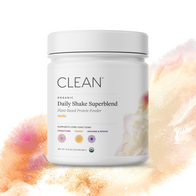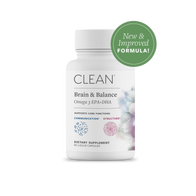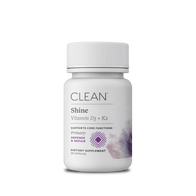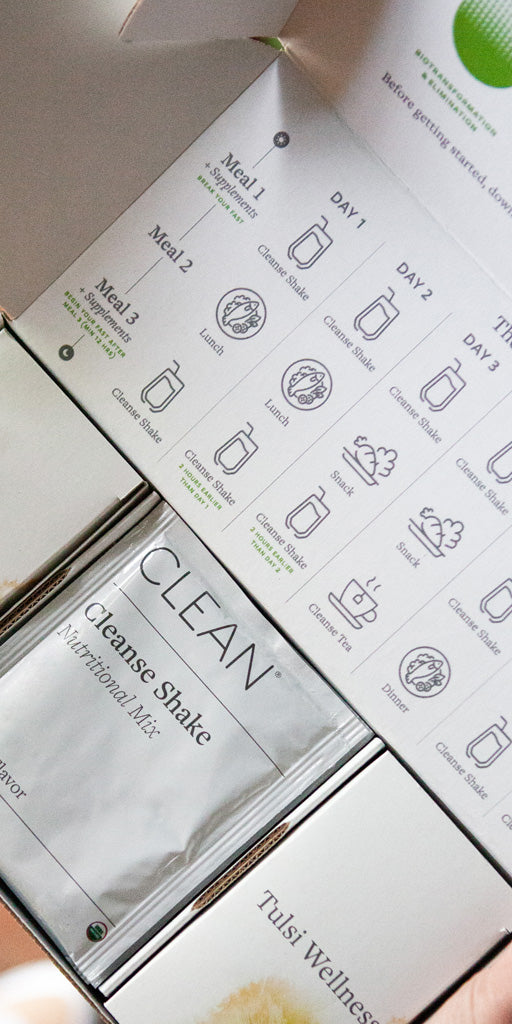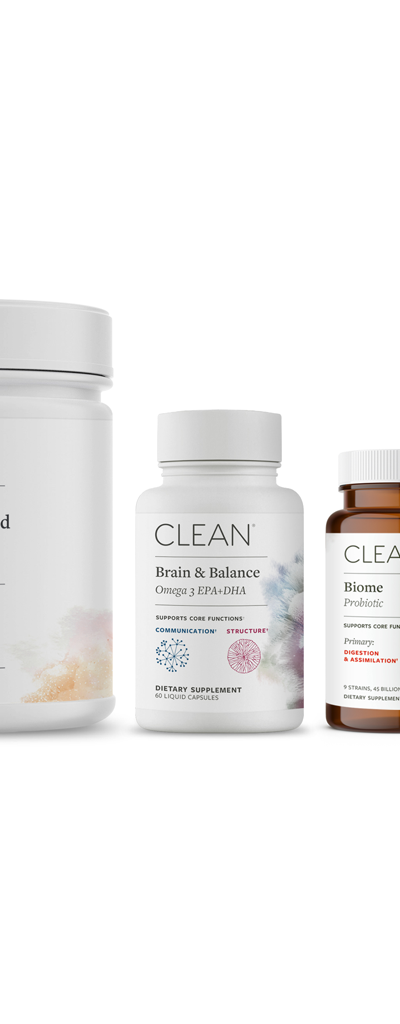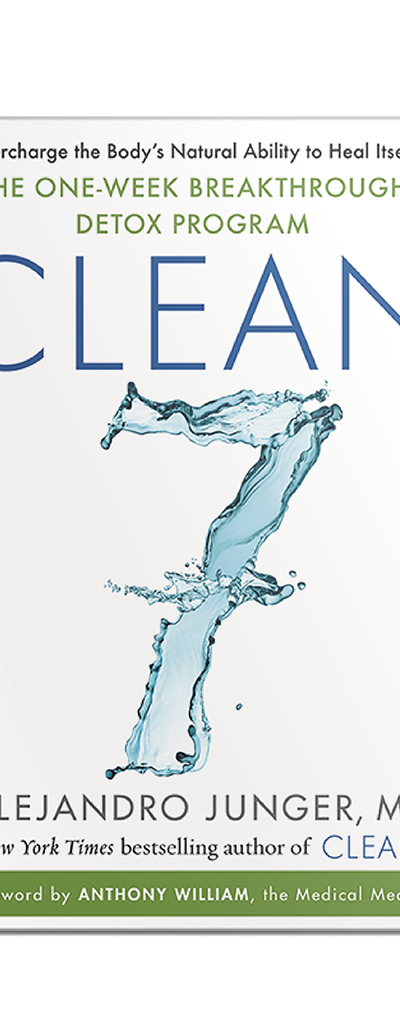Clean 21
Our Signature 21-Day Full-Body Reset
Questions? Ask about this product
Free Shipping On Orders Over $50
Complementary products
DESCRIPTION
More connected to your mind and body. More grounded in your everyday life.
Throughout the 21-day detox journey to healing your body, you’ll start to notice a positive mindset and create uplifting habits. Nourish with a daily protocol of nutrient dense smoothies, supplements, and whole-food meals following Clean 21 guidelines. On the inside, your body is skillfully redirecting energy and nutrition to boost detoxification and metabolic functions, reduce inflammation, and promote gut repair at the cellular level.
The reset isn’t just felt inside your gut; it sparks a complete mental and emotional transformation, helping you reach your goals and achieve lasting, life-changing results.
Learn more about the 21-day experience here.
Powerful Benefits
- Better sleep and recovery✝
- Promote longevity✝
- Reduce stress and anxiety✝
- Boost energy and focus✝
- Elevate mental health and mood✝
- Improve diet and nutrition✝
- Reduce inflammation✝
- Clearer, healthier skin✝
- Plus! Shed bloat and excess weight✝
Product Features
- NEW Cleanse Shakes: Improved taste to complement any smoothie or liquid base (now stevia-free!)
- NEW Plant-based Protein: A high-absorption blend of seven proteins designed to support cellular repair.
- High-Potency Probiotics: 10B CFUs and 4-strains for gut microbiome diversity and immunity.
- Powerful Supplements: Promote detoxification and gut-repair with just 4 capsules in the morning and evening.
- Energizing Hydration Powder: A refreshing lemonade flavored boost of 19 essential vitamins and minerals.
- Personalized support: Tailored guidance from a Clean Certified health coach to personalize your reset.
- Digital Program Guide: Step-by-step instructions for preparation, your 21-day reset, and post-cleanse weeks; plus Clean recipes.












